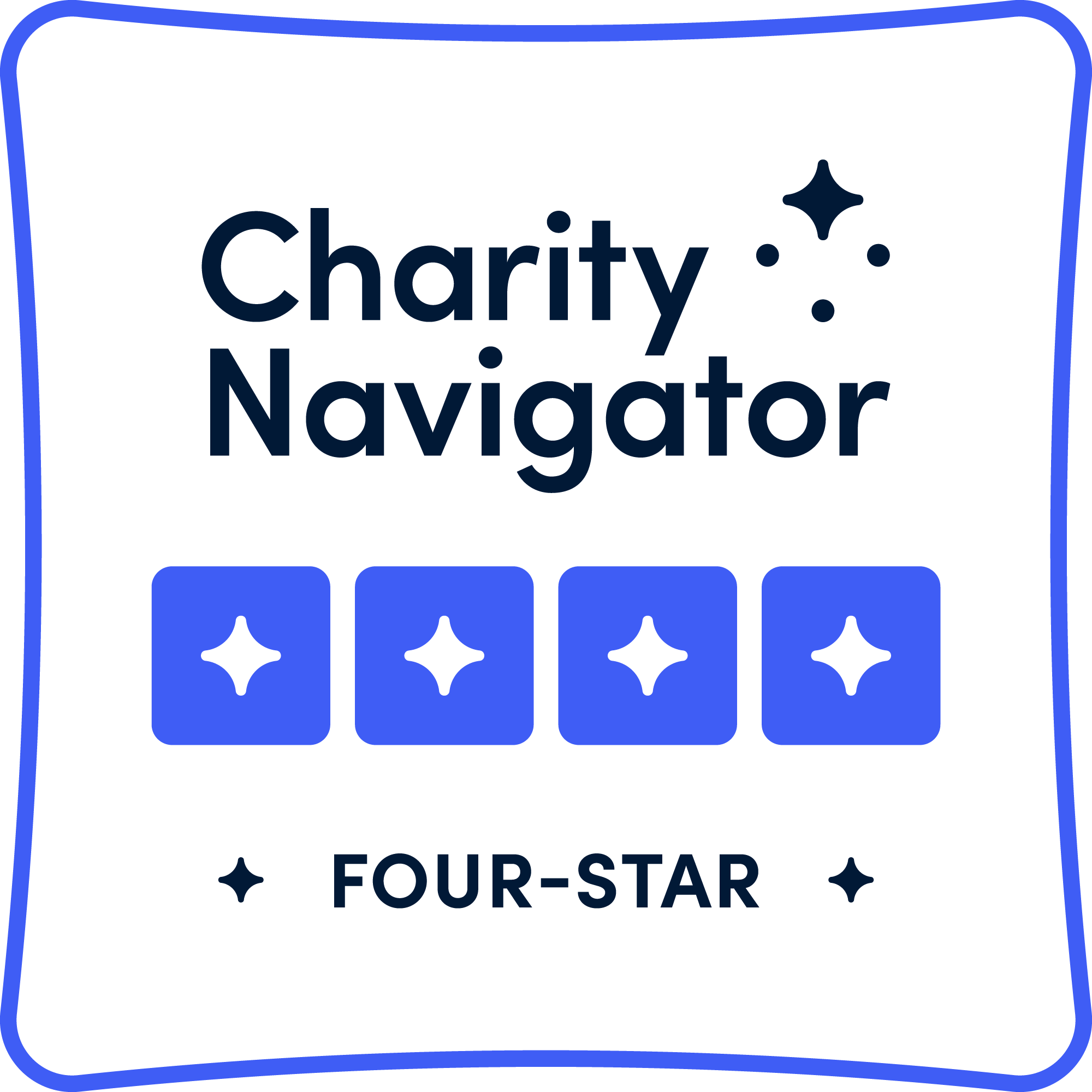Highlights from ASH 2018: Research Update
The 2018 annual meeting of the American Society of Hematology (ASH) featured the latest scientific updates, including advances in treatment and new insights in amyloidosis.
The day before ASH, Dr. Jeffrey Zonder, leader of the Myeloma and Amyloidosis Program at Karmanos Cancer Institute, hosted the “Untangling Amyloidosis” satellite symposium. Six speakers from renowned amyloidosis centers across the world spoke on different topics in amyloidosis, including: classifying the degree of organ involvment and its influence on initial treatment; the use of monoclonal antibodies in AL, with a focus on positive results from daratumumab trials; the role of doxycycline as an additional therapy in AL and its potential positive impact on overall survival; the role of hematologists in treating ATTR patients; and a review of upcoming treatments, such as CAEL-101, which targets amyloid fibril deposits.
“It was amazing to see the physician interest in amyloidosis at ASH,” said Dr. Zonder, “The Untangling Amyloidosis symposium was hugely important in reaching out to hematologists and other medical providers to spread awareness and highlight their role in diagnosis and treatment of not only AL but also ATTR.” The symposium can be viewed in its entirety here >>
Amyloidosis continued to be featured in other presentations throughout the conference. Dr. Morie Gertz, hematologist at Mayo Clinic Rochester, presented results from the Akcea phase III NEURO-TTR trial of Inotersen. Results showed Inotersen improved progression of neuropathy as well as quality of life in hereditary transthyretin amyloidosis (hATTR) patients.
Several posters showed results from daratumumab trials in AL amyloidosis, including ones authored by Dr. Mazen Hanna at Cleveland Clinic and Dr. Vaishali Sanchorawala at Boston University. In both, patients experienced minimal side effects and rapid response to daratumumab (either alone or in combination with other drugs), which could be seen after as little as one cycle.
Doxycycline’s role in treating AL amyloidosis patients was also explored in a poster presented by Dr. Anita D’Souza from Medical College Wisconsin. The results showed pre-treatment with doxycycline correlated with a decrease in early mortality, especially in patients who underwent stem cell transplant.
Both Dr. Zonder’s symposium as well as other research presented at ASH showed the importance of myeloma anti-plasma cell therapies in AL amyloidosis. Variability in treatment regimens and heterogeneity of the patient population, however, can make comparison between therapies difficult. Isabelle Lousada, CEO of the Amyloidosis Research Consortium says, “It was very exciting to see progress in the understanding and treatment of amyloidosis, but much work still remains to help solidify AL amyloidosis-specific regimens. Studies featuring promising drugs like daratumumab and CAEL-101 bring hope to AL amyloidosis patients.”
- Categories



